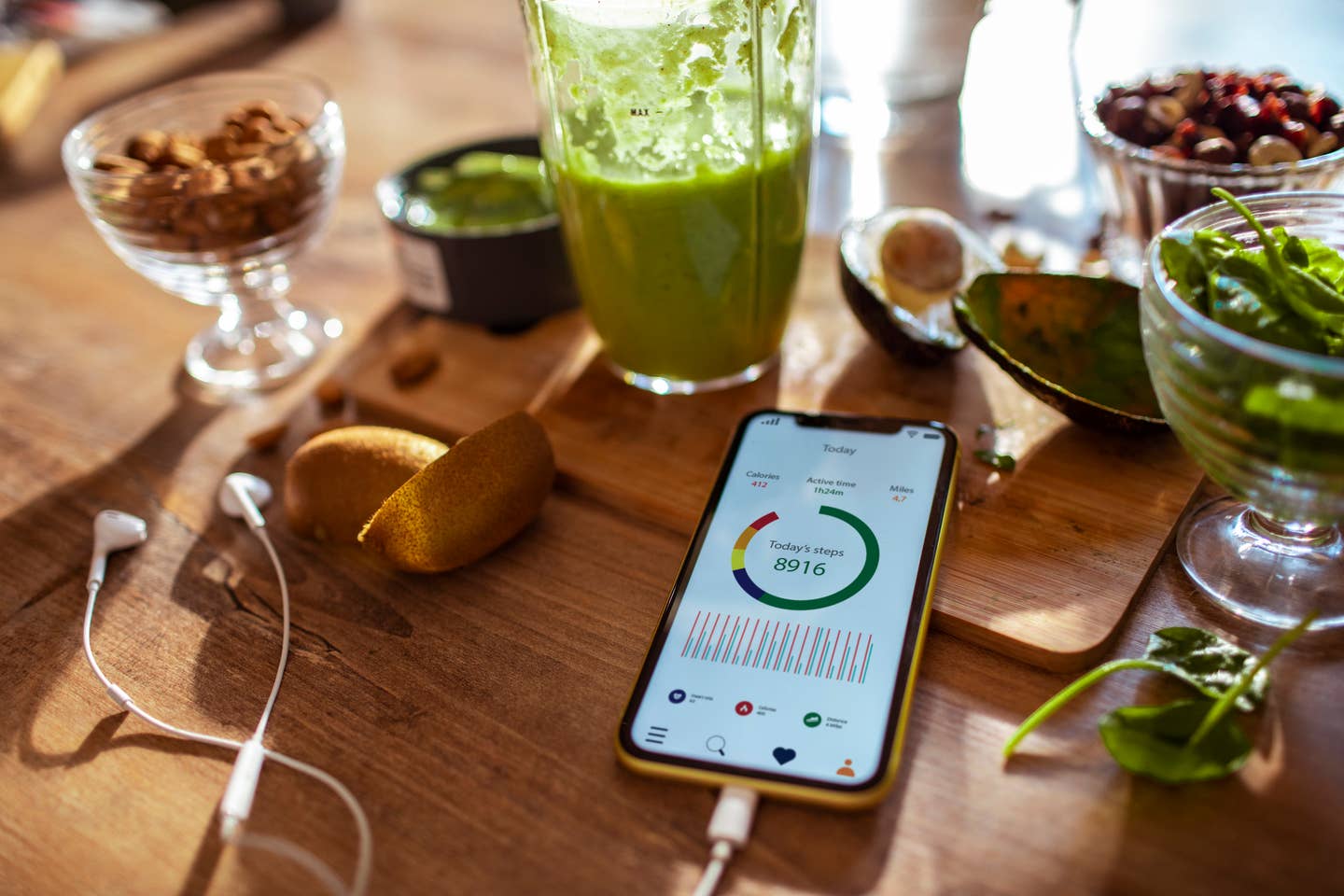
To Have a Smaller Waist, Lower BMI and a Healthier Diet, Eat This Daily
In an effort to eat healthier, lose weight and shrink waist size, we are all under the strict notion that we should stay away from sugar. But a new study shows that dried fruit needs to be on the "to eat" list since study subjects who eat dried fruit were shown to have healthier diets, lower body mass index, and smaller waists than those who don't eat dried fruit. Here's how it works.
Everyone has the idea of eating sugar in their snacks is bad for you, since we all know by now that eating simple carbs leads to soaring blood sugar, which triggers insulin, which sends the message to the body to store any extra calories that are not needed at that moment as fat. Unfortunately, this also leads people to stay away from fruit, especially dried fruit, with the misconception that fructose is bad for you.
To Have a Healthier Diet, Smaller Waist and Lower BMI, Just Eat Dried Fruit
A recent study found that people who eat dried fruit are healthier than those who don't eat dried fruit, so despite the fact that you may be smartly staying away from sugar, you should not sweep fruit up in that thought. The next time a craving strikes, instead of giving in to the sweets that contain added sugar, swap out those cookies or chips (or sweet treats of any kind) with dried fruit, according to a study out of Penn State University. Researchers found that on days when the study subjects ate dried fruits, including apricots, raisins, dates, and figs, they consumed more key nutrients than on days when they skipped the dried fruit.
Dried fruit was found to fill in nutritional gaps in an individual's diet, which can lead to increased energy, focus, improved long-term health, lower inflammation, and decreased risk of disease. The study's main author wrote: "Dried fruit can be a great choice for a nutritious snack, but consumers might want to be sure they're choosing unsweetened versions without added sugar."
She added: "Portion sizes can also be tricky because a serving of dried fruit is smaller than a serving of fresh [fruit] since the water has been taken out. But the positive is that dried fruit can help people potentially consume more fruit because it's portable, it's shelf-stable, and can even be cheaper." The study was conducted by Valerie Sullivan, a postdoctoral researcher at Johns Hopkins Bloomberg School of Public Health and a Penn State grad student at the time of the study, which was published in November of 2020.
In the study, the researchers surveyed 25,590 participants from the National Health and Nutrition Examination Survey, who provided information about all the exact foods they had eaten over the previous 24 hours, including dried fruit. The study also measured the subjects' cardiometabolic health, including body mass index, waist circumference, and blood pressure, and the overall quality of their diets. Those subjects who had eaten dried fruit had healthier diets than those who did not. The dried fruit eaters also had lower BMIs, smaller waist circumference, and lower blood pressure.
In other research, studies have found that people don't eat enough fruit, either because it's not available, or they perceive it to contain too much sugar to be healthy. However, the fructose in fruit also comes with a hefty dose of dietary fiber, which slows down the metabolism of food in the gut and helps your body use it over time, keeping you feeling fuller for longer. The exception to this is high fructose corn syrup, a dense additive that takes fructose and creates a calorie-packed syrup that's added to processed foods to boost their sweetness, and which lacks all the nutrients and fiber contained in a whole piece of fruit.
For the exact amount of fruit to eat, read this. Whole or dried fruits provide nutrients along with natural fiber, which includes vitamins C, A, E, plus potassium and several heart-healthy antioxidants as well as magnesium, zinc, phosphorous, and folate. Together these vitamins, nutrients, and minerals help boost immunity, keep your cells functioning well, and can help lower blood pressure, cholesterol, and reduce unhealthy levels of blood lipids.
Figs, for instance, are rich in minerals such as potassium, calcium, magnesium, iron, and copper and are a good source of antioxidant vitamins A and K, and B6, as well as fiber, all for only 30 calories per fig.
Because some of the study subjects ate dried fruit on one day but not another, the researchers were able to contrast the nutrient intake of those different days and found that the days when people ate dried fruit, they consumed more nutrients overall.
"People tended to eat more total fruit on the days they ate dried fruit than on days they didn't," Sullivan added. "On days when dried fruit was not eaten, fresh fruit intake was not higher. So dried fruit could be a way to boost overall fruit intake in people that aren't eating the recommended amounts."
Bottom Line: Only 1 in 10 Americans report getting the recommended amount of 5 full servings of fruit and vegetables a day, and if whole fresh fruit is not available, appealing, or readily on the menu, for any reason, dried fruit is the best daily snack you can choose.
More From The Beet






